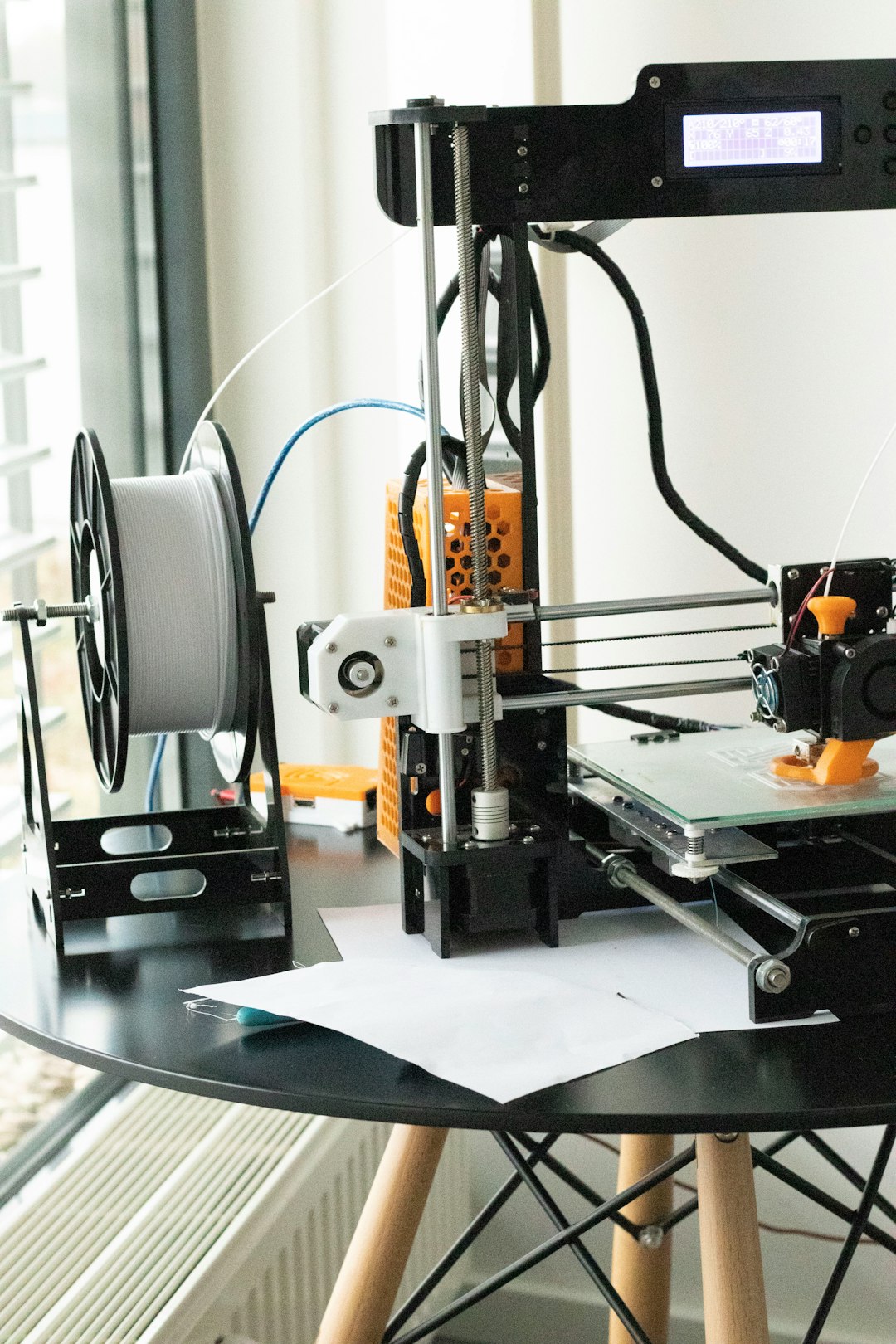In recent years, blockchain technology has gained significant attention in various industries for its potential to revolutionize the way we conduct transactions and store data. While many people have heard of blockchain in relation to cryptocurrencies like Bitcoin, the technology has far-reaching implications beyond just the realm of digital currencies.
So, what exactly is blockchain technology, and how does it work? In simple terms, blockchain is a decentralized, distributed ledger system that records transactions across a network of computers. Each transaction is added as a “block” to a chain of transactions, creating a secure and transparent record that is immutable and cannot be altered or deleted.
One of the key features of blockchain technology is its transparency and security. Because each transaction is recorded on multiple computers in the network, it is nearly impossible for any single entity to manipulate or tamper with the data. This makes blockchain an ideal solution for industries such as finance, healthcare, and supply chain management, where secure and accurate record-keeping is essential.
Another important aspect of blockchain technology is its decentralization. Unlike traditional centralized systems where a single authority controls the data, blockchain operates on a peer-to-peer network where each participant has an equal say in the validation and verification of transactions. This not only increases transparency but also reduces the risk of fraud or corruption.
One of the most commonly cited use cases for blockchain technology is in the financial industry, particularly for cryptocurrencies like Bitcoin. By using blockchain technology, transactions can be conducted faster and cheaper than traditional banking systems, with the added benefit of increased security and privacy.
However, blockchain technology has applications far beyond just cryptocurrencies. For example, in the healthcare industry, blockchain can be used to securely store and share patient data, ensuring that sensitive information is kept private and secure. Similarly, in supply chain management, blockchain can be used to track the movement of goods and verify the authenticity of products, reducing the risk of counterfeiting and fraud.
Despite its numerous potential benefits, blockchain technology is not without its challenges. One of the main criticisms of blockchain is its scalability issues, as the technology currently struggles to handle large volumes of transactions. However, there are ongoing efforts to address this issue through the development of new protocols and technologies.
Another challenge facing blockchain technology is its regulatory environment, as governments around the world are still grappling with how to regulate and govern the use of blockchain. While some countries have embraced blockchain technology and developed frameworks to support its use, others remain skeptical and have imposed strict regulations on its use.
Despite these challenges, the potential of blockchain technology to transform industries and change the way we conduct transactions is undeniable. As more and more organizations begin to experiment with blockchain technology, we are likely to see further innovations and advancements in the coming years.
In conclusion, understanding blockchain technology is essential for anyone looking to stay ahead in today’s rapidly evolving digital landscape. From its decentralized and transparent nature to its potential applications in various industries, blockchain technology has the power to reshape the way we interact and transact with each other.
As we continue to explore the possibilities of blockchain technology and its impact on society, it is clear that this revolutionary technology has the potential to fundamentally change the way we do business and interact with the world around us. By staying informed and embracing the opportunities that blockchain technology presents, we can help shape the future of technology and create a more secure and transparent world for all.
